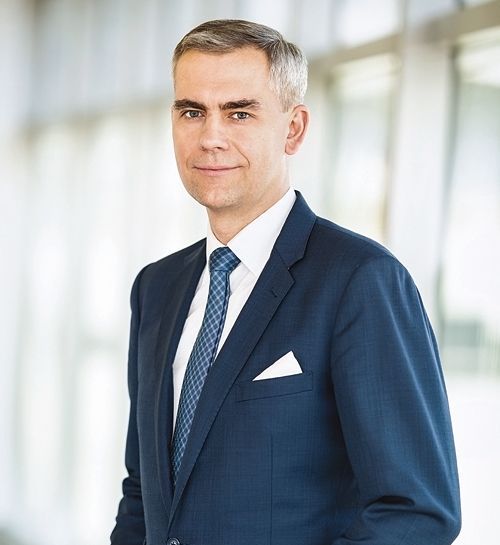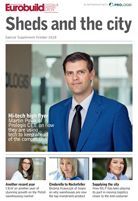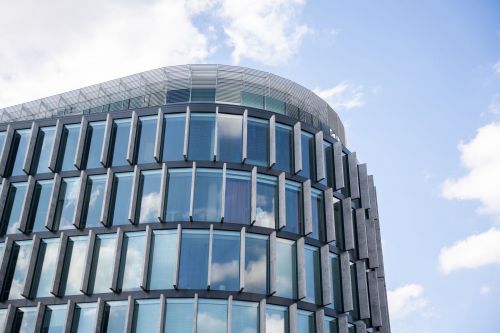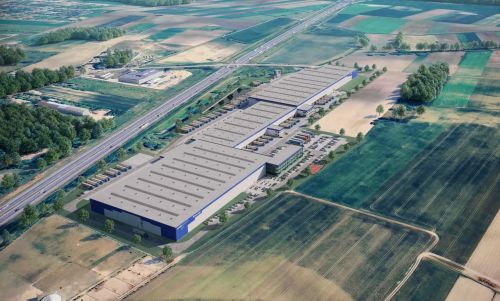Rafał Ostrowski, ‘Eurobuild Central & Eastern Europe’: You have been the head of P3 in Poland for several months now. What’s the management plan you have adopted – continuity or changes?
Bartłomiej Hofman, managing director for Poland, P3 Logistic Parks: I’ve been aware of P3’s impressive growth over recent years and now that I’ve taken the helm in Poland my priority is not just to maintain the company’s current level of activity, but also to strive for real growth – both in terms of leasing and new development at existing parks as well as expansion into new areas.
In the booming market we have today, a lot of companies are keen to talk about their future prospects. How does P3 intend to distinguish itself from its competitors in order to secure its market share?
We always try to respond to the individual needs and expectations of our clients, so that the warehouses we develop for them are designed to help their businesses not just now, but also in the future. W





























































